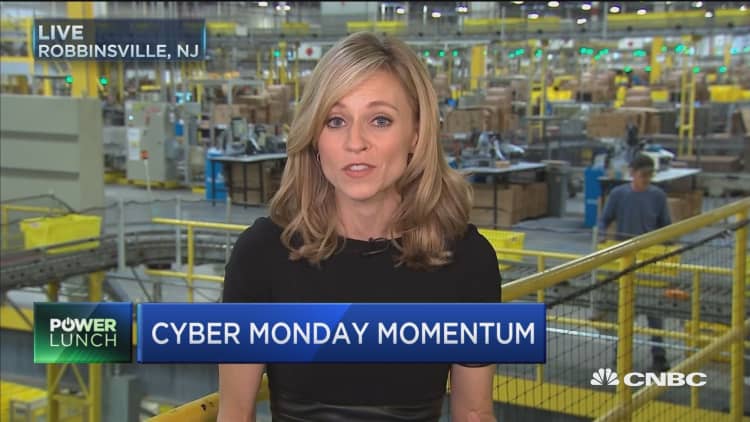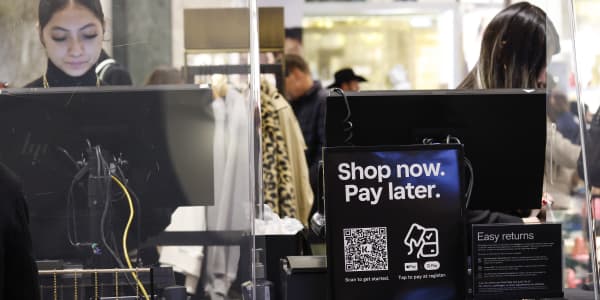Israeli-born Roy Erez was living in California when he found the perfect gift for a friend, who had just had a baby. But the Silicon Valley-based venture capitalist quickly hit a stumbling block.
When it came time to complete the purchase, the only detail he could recall about the recipient's shipping address was that it was somewhere in New York City.
That information gap quickly became Erez's "light-bulb" moment, when he started wondering how much revenue retailers were leaving on the table from situations like these. Yet in what Erez estimates to be a $200 billion annual opportunity for gifting, incomplete addresses aren't the only problem retailers face.
Because consumers can be hesitant to choose a unique gift they're unsure about, they'll often go the safe route and opt for cash or a gift card. Those options either eliminate a sale entirely, or can lead to unrecognized revenue from cards that aren't redeemed.
Even when shoppers do take the risk on a unique item, retailers can get stuck with high return costs that include processing and repackaging unwanted products.
To take the risk out of gift giving, Erez in 2012 co-founded Loop Commerce with Yahoo alumnus Alex Sirota. The idea is simple. Shoppers select a product on a participating retailer's website, and choose to send it as an electronic gift. They enter the recipient's name and email address — as well as their own — and say when they want the digital gift delivered.
After typing out a message and providing their payment information, the recipient is sent an email from the retailer notifying them of the gift. But before they go to redeem it, they can choose the size and color that they prefer, or opt to exchange it for something else. That not only cuts back on the guesswork for shoppers, but eliminates much of the risk for retailers.
"Stores are optimized for shopping for yourself," Erez said. "They are leaving money on the table."
An e-gift from Macys.com, powered by Loop Commerce.
Loop's technology has been adopted by retailers including Macy's, Saks, Neiman Marcus and Coach. It promises not only to cut back on returns — which cost North American retailers more than $246 billion a year, according to DynamicAction — but to bring incremental shoppers and revenue to a company's site.
Loop's data show that 80 percent of buyers who use its service are new customers to a retailer's site, as are 90 percent of recipients. Often, when shoppers go to redeem their gifts, they either exchange their item for something more expensive, or tack on additional items with their order. All good outcomes for retailers.
"We are seeing results that are very indicative of what the deal thesis was with these guys," Joe Milano, Saks senior vice president of digital retail, told CNBC.
Saks adopted the technology over the summer, and is running a digital marketing campaign to educate shoppers about it for the holidays. Adding an e-gifting option is one way the luxury department store is trying to create an "innovative" shopping experience for its customers, Milano said.
"It really takes the guesswork out of gifting," he said.

Making gift-buying simple is particularly important during the holiday season, when shoppers plan to spend an average $655 on presents, according to PwC's consumer survey. And with a growing number of purchases happening online, the service gives retailers an opportunity capture revenue from last-minute shoppers who don't have time to wait for delivery, or to drive by the store to pick something up.
"There is a 'we're closed for business' sign when it matters the most," Erez said.
Despite shoppers' hesitation to buy a unique gift, Erez said about two-thirds of the products purchased through its tool end up being kept by the recipient in some capacity. Often, they only tweak something small, like the size.
In the end, whether they keep the item or not, Erez said he sees his service as a way to give shoppers more confidence when buying their loved ones something special.
"I want to reduce the risk and elevate the thoughtfulness," he said.




